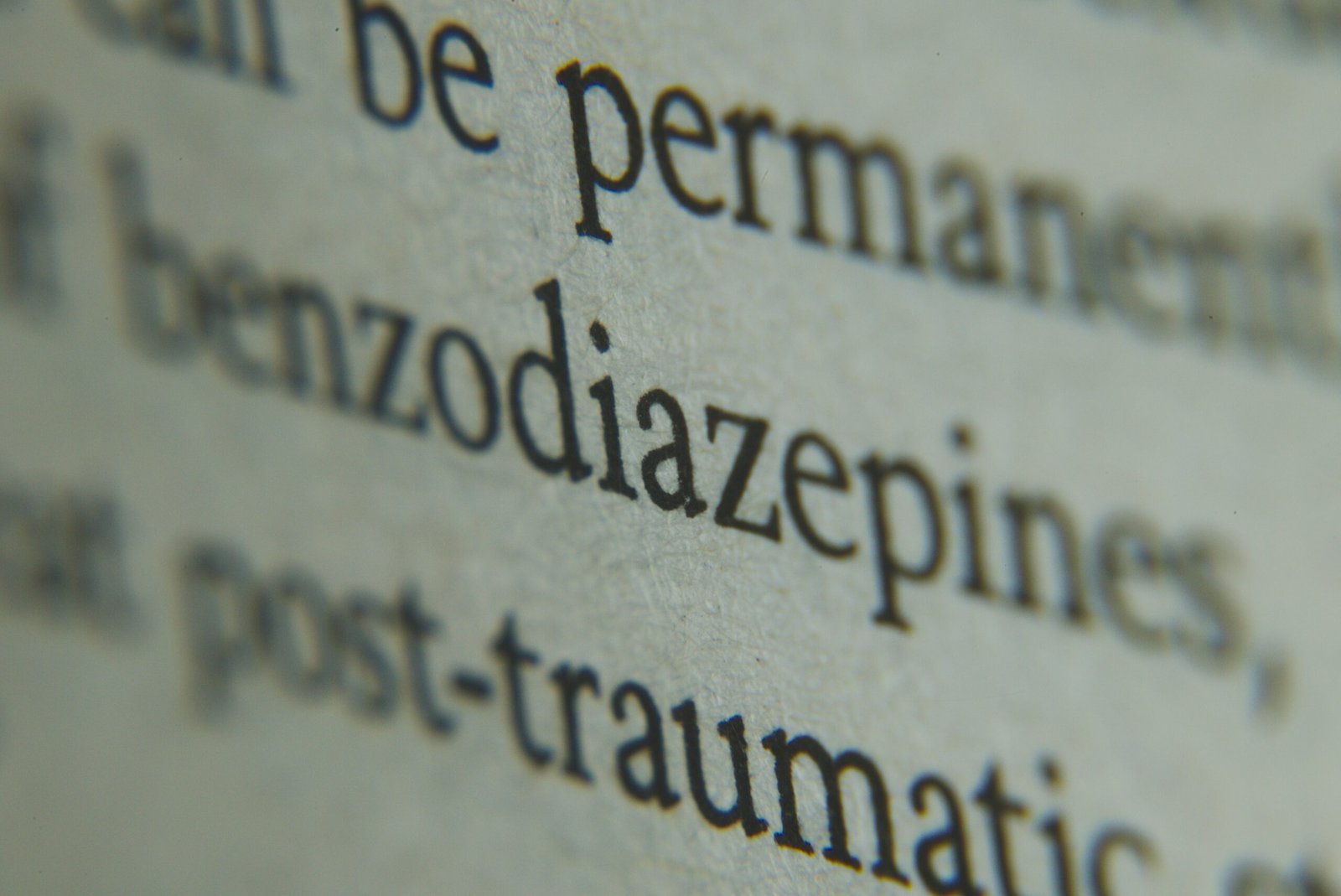Introduction:
Benzodiazepines, commonly known as benzos, are a class of medications prescribed to treat various conditions such as anxiety, insomnia, and seizures. While they offer significant therapeutic benefits, it is important to understand the potential impact these medications can have on one’s sexual health. This article aims to explore the effects of benzodiazepines on sexual function, discussing both the positive and negative aspects.
The Positive Effects:
1. Anxiety Reduction: One of the primary reasons individuals are prescribed benzodiazepines is to alleviate anxiety. By reducing anxiety levels, these medications can indirectly improve sexual function. Anxiety and stress often contribute to sexual performance issues, and when these factors are minimized, individuals may experience an enhancement in sexual desire and satisfaction.
2. Relaxation and Enhanced Sensations: Benzodiazepines have a sedative effect, which can induce a state of relaxation. This relaxed state may lead to increased sexual pleasure and heightened sensations during intimate encounters.
3. Improved Sleep: Certain benzodiazepines are prescribed to treat insomnia. By promoting better sleep quality and quantity, these medications can indirectly positively impact sexual health. Restful sleep is crucial for maintaining a healthy libido and overall sexual well-being.
The Negative Effects:
1. Decreased Libido: One of the most common side effects of benzodiazepines is a decrease in sexual desire or libido. This can be attributed to the sedative nature of these medications, which may dampen sexual arousal and interest.
2. Erectile Dysfunction: In some cases, benzodiazepines have been linked to erectile dysfunction (ED) in males. This can be a result of the medication’s impact on the central nervous system, leading to reduced blood flow to the genital area and difficulties in achieving or maintaining an erection.
3. Delayed Orgasm: Another potential drawback is the delay in achieving orgasm. Benzodiazepines can prolong the time it takes to reach climax, which may lead to frustration and dissatisfaction for both individuals involved in sexual activity.
4. Hormonal Imbalances: Prolonged use of benzodiazepines can disrupt the delicate balance of hormones in the body. This can have an adverse effect on sexual function, potentially leading to decreased libido, erectile dysfunction, or other sexual dysfunctions.
5. Relationship Strain: Sexual difficulties caused by benzodiazepines can create strain in intimate relationships. The impact on sexual desire, performance, and satisfaction may lead to communication breakdowns, frustration, and decreased overall relationship satisfaction.
Conclusion:
While benzodiazepines can offer significant benefits in managing anxiety and other conditions, it is essential to consider their potential impact on sexual health. The positive effects of reduced anxiety, relaxation, and improved sleep can indirectly enhance sexual function. However, the negative effects of decreased libido, erectile dysfunction, delayed orgasm, hormonal imbalances, and relationship strain should not be overlooked.
If you are experiencing any sexual difficulties while taking benzodiazepines, it is crucial to discuss these concerns with your healthcare provider. They can evaluate your specific situation and explore alternative treatment options or adjust your medication regimen accordingly. Open communication and collaboration with healthcare professionals are key to maintaining both your mental well-being and sexual health.
Disclaimer: This article is for informational purposes only and should not be considered medical advice. Always consult with a qualified healthcare professional for personalized guidance.

